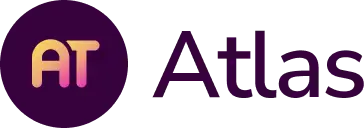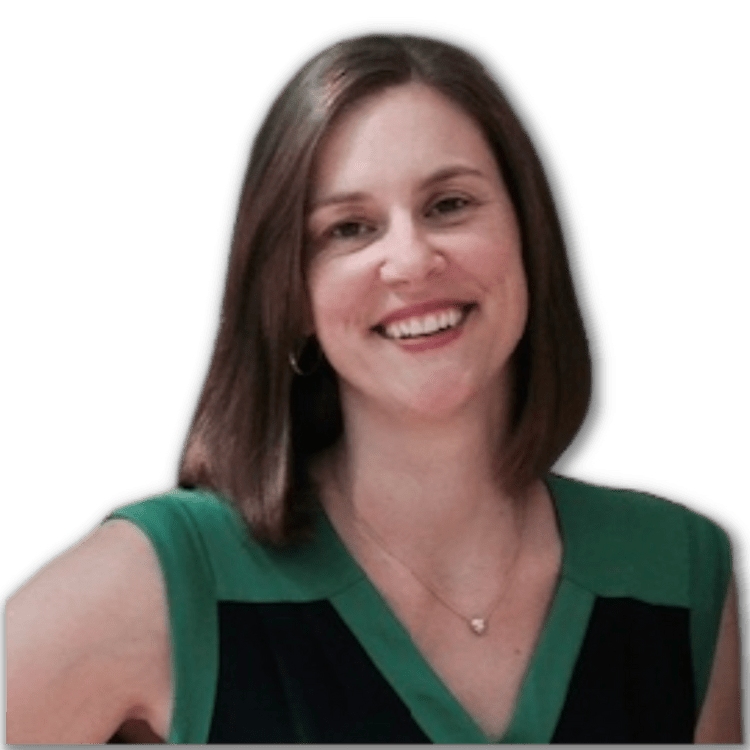Many schools start their mapping journey with their K-12 academic program. Ideally, they carefully choose their template, ensure their courses are aligned to standards or concepts, and create long term work goals so teachers have the time, support, and resources to create and systematically improve curriculum maps. During this process, schools may ask “What about the 3 and 4 year-old classrooms? Should they be documenting their curriculum too?”
In light of the high educational value in these years prior to Kindergarten, take the time to discuss these five questions below as part of your process in deciding if and how to document early years curriculum. Conversations around these questions will help guide the process and build an evolving written curriculum resource that is beneficial to teachers and students.
How can we determine which milestones and skills to include in a written curriculum?
There isn’t a right or wrong answer to this question. Many early childhood domains and milestones are written for specific ages and academic goals. Some schools even create their own standards.
Choosing which domains and learning goals to align your units and where that information can be found are great conversations. Our e-book provides more elaboration to help you organize your thinking. You likely have more options than you think!
When learning goals and skills are practiced year-round, which units should they be included in?
This question is probably the most common hurdle and can be tricky to conceptualize. There is curriculum writing on paper and unit planning in theory and then there’s the reality of the classroom. These are not mutually exclusive and both can exist at the same time. As a starting point, think about where and how we are writing information about learning goals for children outside the written curriculum and unit map. Dive deeper into our e-book for more information.
Can early childhood use a different unit template than other grades in the school?
Schools have full flexibility in the layout of their mapping templates in Atlas. They can be the same as their K-12 courses or can be different. For more information about the pros and cons of creating a unique unit template for early education grades, contact your Atlas Account Manager.
When people ask “What is your curriculum?,” is that our printed resource and book?
The short answer is no. A curricular resource or textbook is not your complete curriculum. They are excellent places to start and are often very comprehensive resources for the early childhood classroom, but they are not complete curricula on their own. Use the parts of these resources that are helpful and align to the curricular goals of the school, but be wary of the potential of working exclusively from one curricular resource. Don’t let one resource limit you!
How can we share learning progress with families via progress or report cards?
Many schools believe early childhood classrooms should be play-based, while also using a checklist of skills or progress reports to communicate learning to families. If this is the case at your school, consider starting there and mapping those learning goals first. We know young children need lots of practice with skills over periods of time to be comfortable with them. Our e-book provides more details and examples of ways to organize milestones and thematic based themes and units.
If you or your team needs support in the process, reach out and we would be happy to continue the conversation as a thought partner. Lastly, remember to appreciate the children’s view of the world and enjoy the journey!
About The Author
Dr. Elizabeth Clarkson is a Senior Professional Development Manager at Faria Education Group. She guides diverse groups of educators through processes related to curriculum development, instructional strategies, leadership, and data analysis. Elizabeth has been involved in US public and private education, community non profit, and international education work for more than 20 years as a teacher, literacy coach, and senior administrator. Her driving passion focuses on building capacity in strong curriculum processes that will ultimately lead to positive and successful cognitive and emotional student outcomes. She strongly believes healthy and student-centered relationships are the foundation for successful schools and communities. Elizabeth completed her BS and MA degrees in Early Childhood Education and Educational Psychology and received her Ed.D in Educational Leadership.


